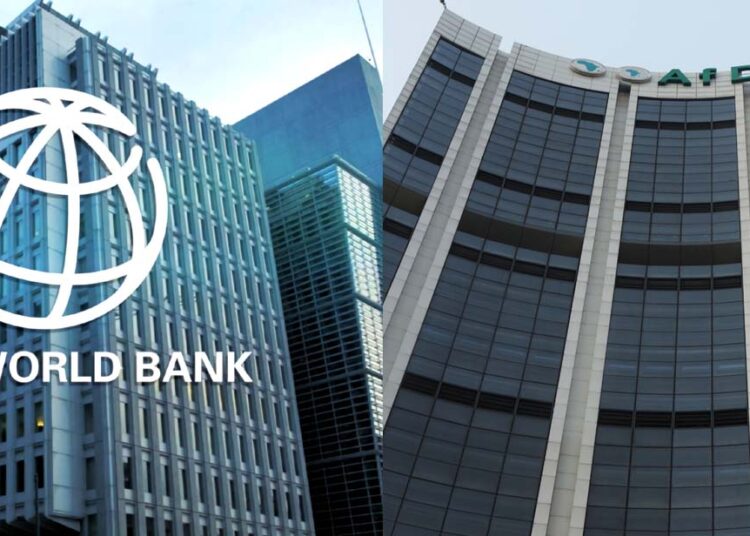The World Bank and the International Monetary Fund (IMF) have called on the Central Bank of Nigeria (CBN) to remain steadfast in controlling inflation.
Nigeria’s inflation rate increased to 34.8 percent in December, up from 33.6 percent in November.
During a panel session, World Bank’s Senior Economist for Nigeria, Sameer Matta, emphasised the importance of the CBN’s focus on curbing inflation. “It is critical to stay the course on inflation control. The Central Bank must continue to ensure that inflation is kept in check,” Matta stated.
Matta emphasised the necessity for advancements on the supply side, such as improving agricultural productivity and reinforcing the connections between rural and urban regions.
He also proposed that trade policies be reassessed to focus on particular sectors and modify tariffs as needed.
Matta pointed out that the cost of not implementing reforms is significant, with fuel and foreign exchange subsidies accounting for two percent each of Nigeria’s gross domestic product (GDP).
“This amounts to five percent of GDP, which is extremely high,” he noted.
He also likened the necessary reforms to tough medical decisions, emphasising the importance of continuing social protection measures and accelerating cash transfer programmes to support the most vulnerable.
Nigeria’s country representative at the IMF, Christian Ebeke, reiterated the need for coordination between fiscal and monetary authorities to effectively combat inflation.
He lauded the commitment of both the central bank and fiscal authorities to strengthen coordination, which has helped reduce inflationary pressures.
Ebeke also stressed the importance of addressing the distributional consequences of reforms, such as the removal of fuel subsidies and Naira reforms, to protect the most vulnerable populations.
He highlighted the role of fiscal policies in complementing monetary efforts and the need for social protection measures.
He commended the CBN and fiscal authorities for their efforts to curb deficit monetisation and improve financial conditions.





